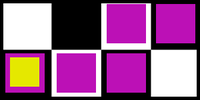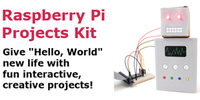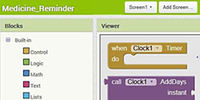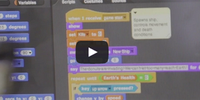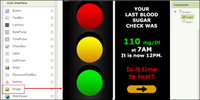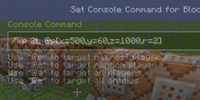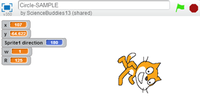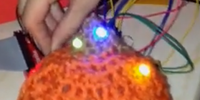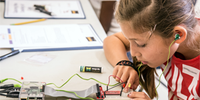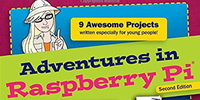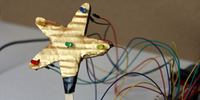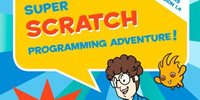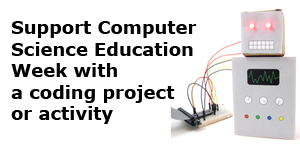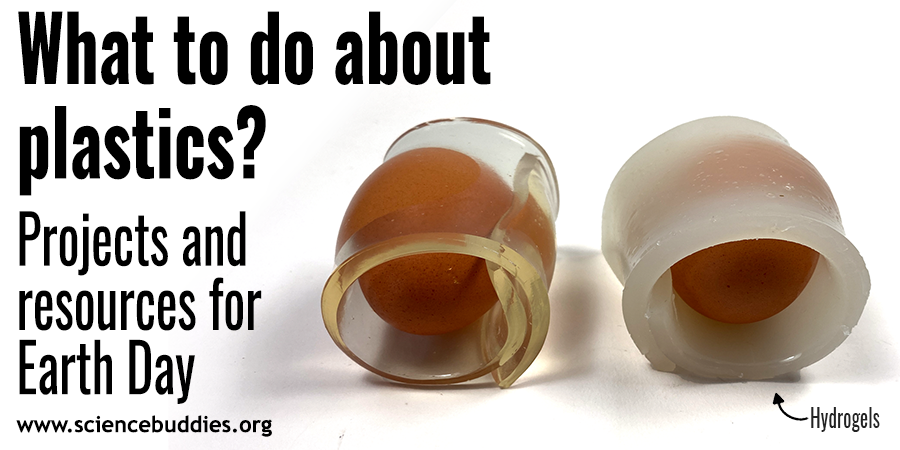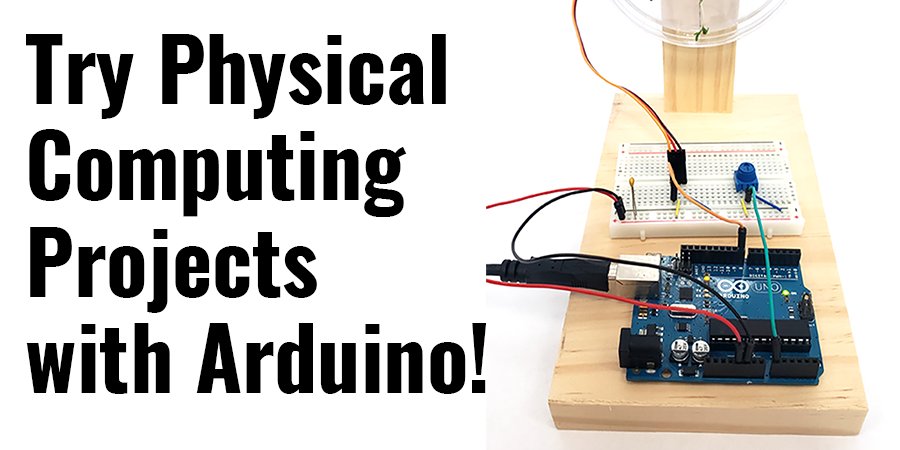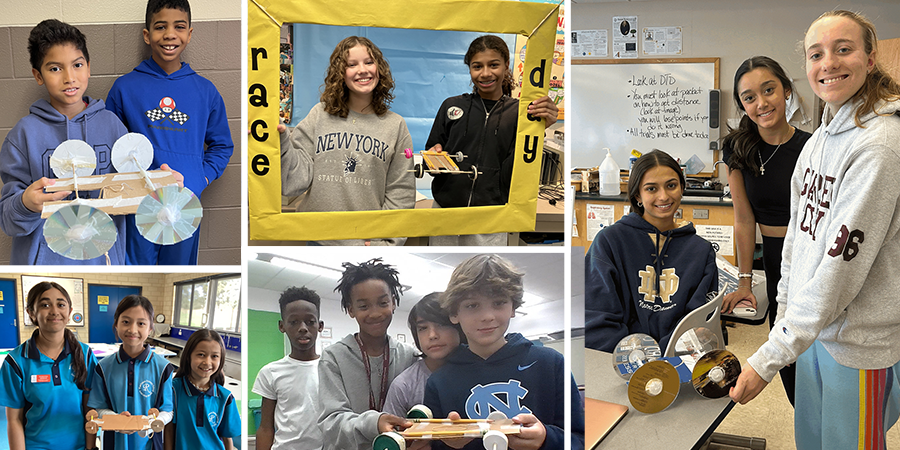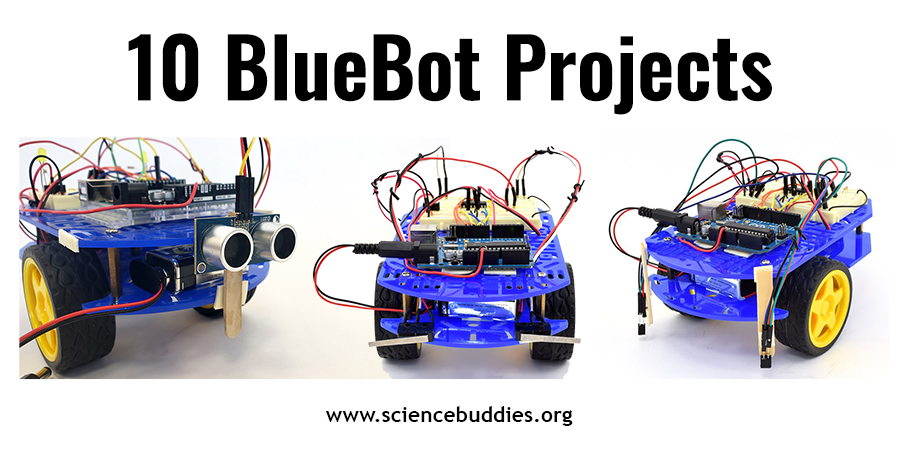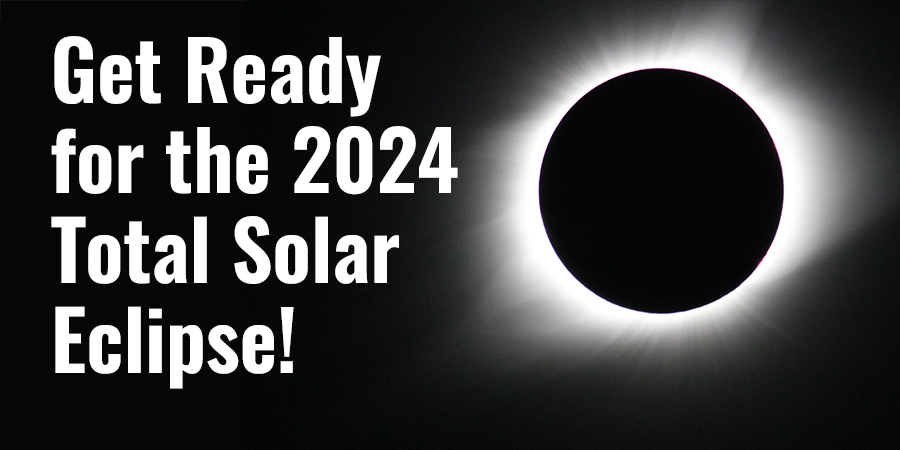Celebrate Computer Science Education Week
This week many students around the world will be trying computer coding for the very first time with an Hour of Code project or a school coding activity. Choose a Science Buddies project to extend the learning and support new interest in coding!
Note: For our updated collection of projects, lessons, and activities to teach students to code, see 25+ Coding Projects for Beginners and Beyond.
Everyone can Code!
December 5-11, 2016 is Computer Science Education Week. This week is a wonderful time each year to encourage students to "try" a computer coding project, maybe for the very first time, and Hour of Code activities can help demystify computer programming. Students who have the opportunity to experiment with coding through a fun, short-term, introductory computer coding activity gain new understanding of what it means to "code" or "program" and may be interested enough to explore further or continue their learning.
At Science Buddies, we encourage students to get actively involved in science, technology, engineering, and math learning. Learning by "doing" is a great way to get students excited about subject matter and increase their interest in the process of learning and exploring new STEM concepts. When it comes to computer coding, learning by doing means taking first steps and working with computer code to write a set of instructions that tell a computer to do "something." That "something" can be as simple as print the word "Hello" on a screen or guide a cat in drawing a square. From there, the possibilities are virtually unlimited.
Whether students are interested in creating video games, writing software applications to help with health care or to help solve community or world challenges, or creating programs that simplify, improve, or enhance other day to day processes, students can dive in and get started turning ideas into reality by learning to code.
Student Computer Science Projects
Students at all ages can be introduced to computer coding concepts and the kinds of logic and instruction needed to tell a computer or device what to do. Thinking through the directions required to guide someone through a maze, for example, can be a really accessible way to talk with younger students about coding. See Paper Maze Programming: Start to Finish Computer Logic for a science activity that works well at school or at home. This activity can easily be scaled to make it more difficult and to introduce other computer programming concepts—no computer required!
Science Buddies offers a range of computer science projects for students who are interested in exploring programming, whether they begin with drag-and-drop or block-oriented programming (like Scratch) or explore scripting and coding languages like JavaScript and Python.
Students curious about computer programming may enjoy projects like these:
- ABC's of Programming: Writing a Simple 'Alphabetizer' with JavaScript
- Artificial Intelligence: Teaching the Computer to Play Tic-Tac-Toe
- Can You Crowdsource a Better School Environment?
- Getting Started with your Raspberry Pi Projects Kit
- Follow the Bouncing Ball: A Web Animation Project
- Make a Greeting Card Come to Life!
- Password Security: How Easily Can Your Password Be Hacked?
- Quick Draw McPaws: Teach A Computer Kitty How to Draw Shapes
- Building Personal Medicine Apps to Help Patients
- Want to Make a Video Game? Here's How!
- Browse Computer Science Projects
Raspberry Pi and Scratch
With a Raspberry Pi, students can blend computer coding and creative engineering and electronics. Creating Scratch programs on Raspberry Pi, students work with circuits and sensors in an array of fun projects, from an invader alert to light-up art and a digital puppet.
View the series of 8 activities for Raspberry Pi. No previous experience is required. (Note: helpful guidance for educators interested in using Raspberry Pi with groups in the classroom or in an after-school program is available.)
From Tech User to Tech Creator
To learn more about student computer coding activities and the importance of helping students become active creators rather than merely users of technology, see the following posts on the Science Buddies Blog:
- Computer Programming Basics: An Hour of Code
- Computer Programming for Better Health
- Do Even More with Your Raspberry Pi Projects Kit
- Drag-and-drop Code: Engaging Students with Computer Programming
- Light Up the Season with Computer Science Exploration
- Playful Programming and Cool Code: From Tech User to Tech Creator
- Program Summer with Cool Computer Code
- Super Scratch Succeeds in Scratching the Surface of Code with Cartoon Fun
- The Girl Factor: Creative Code and Computer Programming
- Wire Some Trick-or-Treat or Light-up Fun with Scratch and Raspberry Pi
Categories:
You Might Also Enjoy These Related Posts:
- Plastics and Earth Day - Science Projects
- Arduino Science Projects and Physical Computing
- 10+ Robotics Projects with the BlueBot Kit
- 5 STEM Activities with Marshmallow Peeps
- March Madness Basketball Science Projects: Sports Science Experiments
- Women in STEM! More than 60 Scientists and Engineers for Women's History Month
- Explore Artificial Intelligence and Machine Learning with Student AI Projects
- 10 Reasons to Do the Rubber Band Car Engineering Challenge


